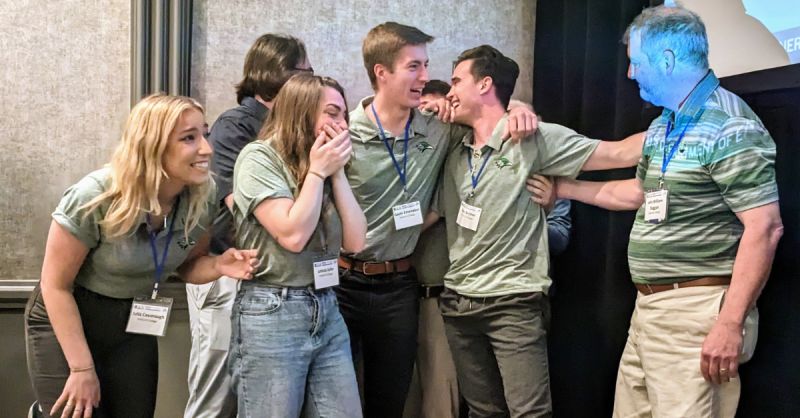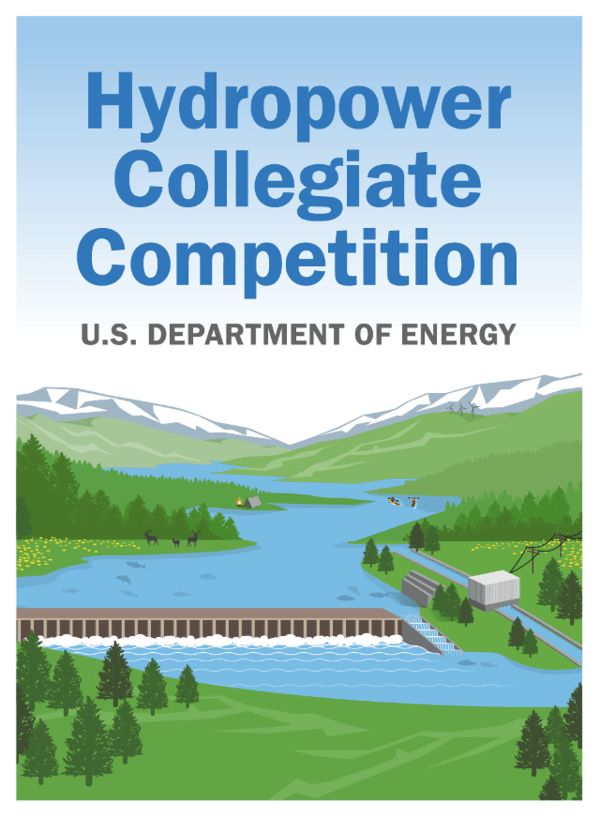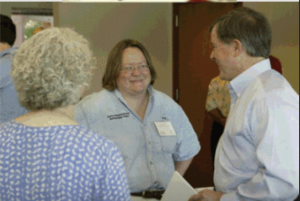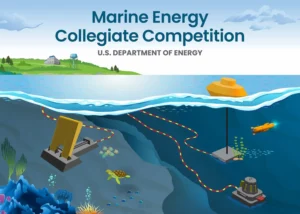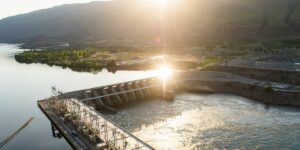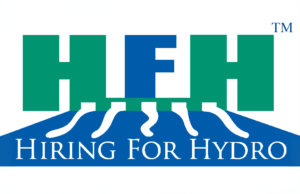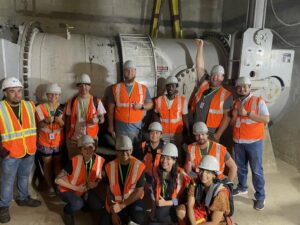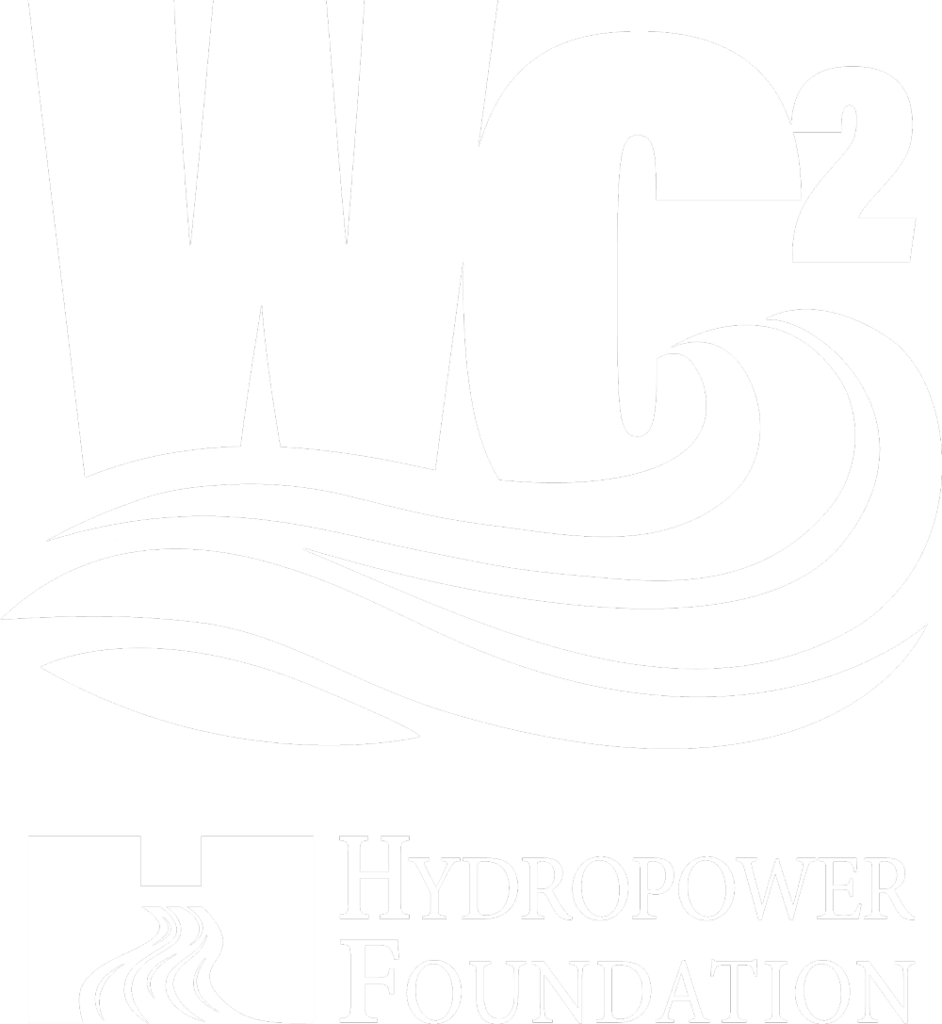Hydropower—energy created from fresh, moving water—is the world’s oldest form of renewable energy. Throughout human history, we have used the power of rivers and streams to produce flour, lumber, paper, textiles, and metal products. Today, we still use water to generate clean, affordable electricity.
The hydropower industry is critical to the Biden Administration’s goal of achieving a carbon pollution-free power sector by 2035. Hydropower already plays an important role in our power system—it provides 37% of total U.S. renewable electricity generation and 93% of grid-scale energy storage—and yet it still has untapped potential and significant opportunity for growth. However, this growth can only be realized with further innovation and a new generation of skilled workers to support this clean energy transition.
About the 2025 Competition
The application window is now open for students interested in applying to participate in the 2025 competition! Apply here: https://www.herox.com/hydropower-collegiate-competition-2025“
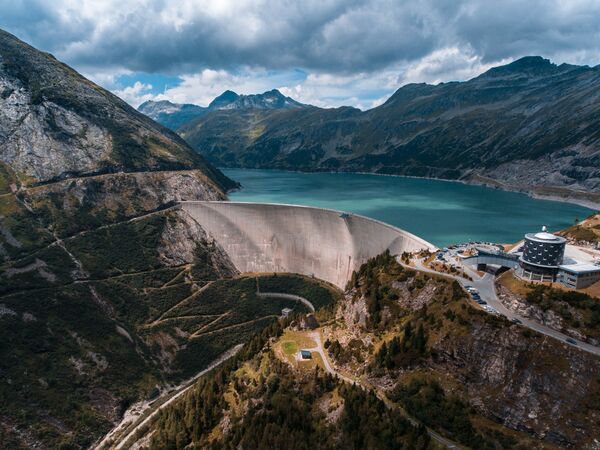
Prize Overview
To pave the way for the next generation of workers to start their careers in the hydropower and renewable energy industries, U.S. Department of Energy’s Water Power Technologies Office and National Renewable Energy Laboratory (NREL), in partnership with the Hydropower Foundation, established the Hydropower Collegiate Competition (HCC) in 2022. The HCC calls on interdisciplinary teams of undergraduate and graduate students from a variety of academic programs to offer unique solutions to complex hydropower challenges.
By participating in the HCC, students gain industry experience, valuable exposure to hydropower career pathways, and greater knowledge of hydropower’s potential to contribute to a clean energy future.
Who Can Participate
Teams must meet the following criteria to be eligible:
- Teams may consist of a combination of postsecondary, undergraduate, and graduate students, but must be at least 50% postsecondary and/or undergraduates.
- Both U.S. and non-U.S. institutions are welcome to apply and participate.
- Non-U.S. institutions are not eligible to receive cash prize funding.
- In a team with students from U.S. and non-U.S. institutions, the lead institution must be a U.S. academic institution accredited by the U.S. Department of Education to be eligible for cash prize funding.
Teams should strive to include a diverse range of academic disciplines, including but not limited to:
- Engineering
- Business
- Marketing
- Communications
- Environmental and Public Policy
- Social Sciences
Teams should also strive to include in their teams individuals from groups historically underrepresented in science, technology, engineering, and mathematics.
How to Get Involved
The application period for the U.S. Department of Energy5s 2024 Hydropower Collegiate Competition is now open.
Competition Structure
The HCC invites selected teams to develop a concept to solve leading hydropower challenges. Over 10-12 months, teams develop materials for several challenges, outlined below. Teams present their work at the HCC final event, typically held at an industry event.
The 2024 HCC theme is on converting non-powered dams (NPDs) to hydroelectric dams.
HCC teams compete in the following challenges:
- Siting Challenge: Evaluate potential sites to choose an NPD site that fits the challenge requirements.
- Design Challenge: Complete a detailed design of a singular hydropower concept within their selected NPD site or an overall conceptual design of the full powerhouse.
- Community Connections Challenge: Create connections among HCC teams, the hydropower industry, students, and local communities.
- Optional Build and Test Challenge: Build a scaled prototype of their concept and perform a series of tests.
Read the HCC 2024 Rules document to learn more about the competition.
Competition News
- March 22, 2023: U.S. Department of Energy Opens Applications for Second Annual Hydropower and Fifth Annual Marine Energy Collegiate Competitions
- June 1, 2022: DOE Announces Winners of 2022 Marine Energy Collegiate Competition; First Hydropower Collegiate Competition and 2023 Marine Energy Collegiate Competition Competitors Also Announced
- April 7, 2022: DOE Launches Inaugural Hydropower and Fourth Annual Marine Energy Collegiate Competitions
- March 23, 2022: Attracting a New Hydropower Workforce: 2023 Inaugural Hydropower Collegiate Competition to Open for Applications in April

